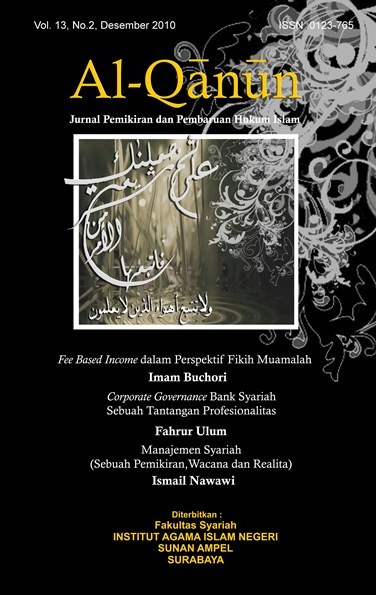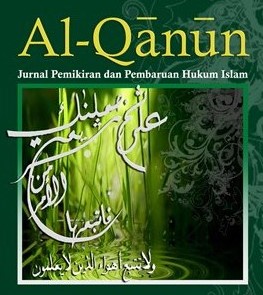Islam and Politics: The Rise of Muslim Politics ‎in The Post Soeharto Era
DOI:
https://doi.org/10.15642/alqanun.2010.13.2.454-483Keywords:
Politics, Islam, Indonesia, radicalismAbstract
During Soeharto’s New Order, Muslim politics was virtually banned from any political activities in Indonesia. Yet, after the fall of Soeharto Muslims are free to speak, to establish a political party, and even to adopt Islam as their political ideology. The political climate has also considerably changed from an authoritarian to democratic system. In line with this democratization and liberalization, various Muslim groups with different approaches and agenda also emerge. It is not surprising that many Islamic radical groups have also emerged since that time. This paper endeavors to examine what caused the Muslim politics to greatly gain momentum in the post Soeharto period and whether it has a link to previous Islamic movement of parliamentary democracy in the 1950s. It shows that on the one hand the declining number of Islamic party voters indicates the weakening of “politik aliran†(ideology-based party) within moderate Islamic groups. However, another phenomenon emerges in form of the rise of radical Islamic groups in Indonesia.






